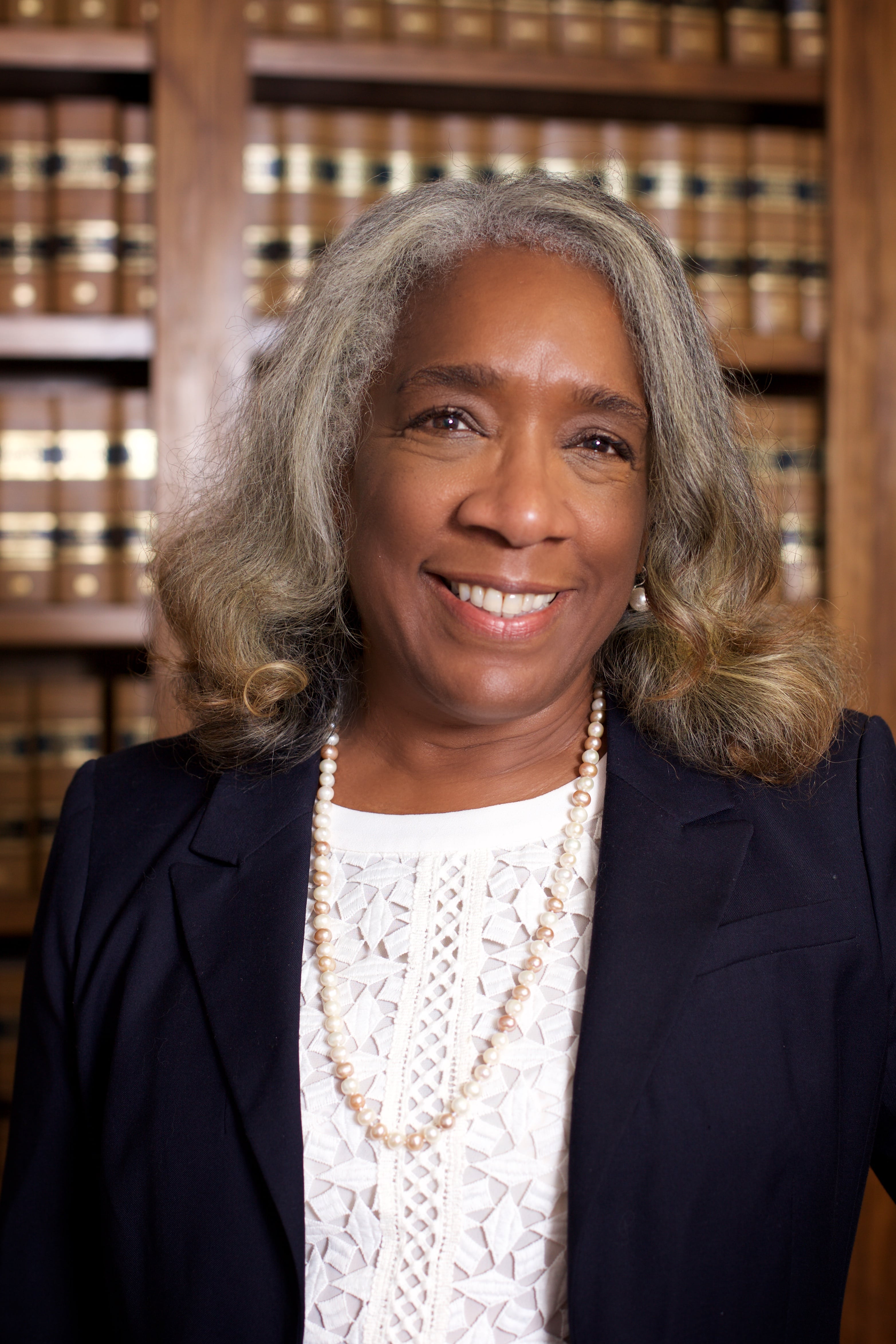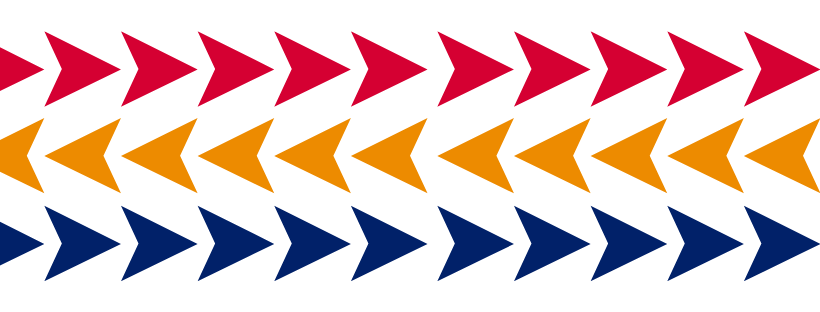Interview with a Legal Aid Lawyer

Interview with a Legal Aid Lawyer
Jacki Payne has been an Atlanta Legal Aid Lawyer for over 30 years and has dedicated her life’s work to poverty law and standing in solidarity with her clients to help them achieve the best outcomes possible. Jacki, who is a grandmother to two boys, now focuses much of her work on Kinship Care—an Atlanta Legal Aid project that helps relatives who are raising children in the place of deceased or otherwise absent parents. We sat down with Jacki to get her take on how these relative adoptions affect families.
What sort of impact do grandparent adoptions have on the family?
It can be life changing for them. It’s often hard for folks to figure out what they need because they may get a call saying the kids are here, or sometimes they find the kids alone in an apartment, or their daughter or son have dropped the kids off at their homes and then left, or sometimes parents are in the hospital or got arrested. [These family members] don’t understand what they need to do or how to get custody and get necessary services for the kids. We are able to stabilize families.
Nowadays since I’m a grandma too, it’s close to my heart to listen to other people’s stories and be able to talk to them and have that perspective where I can say yeah, I’m not really in your shoes, but I’m a grandma too and I know how you love and care for your grandkids and want the best for them, so I can help make that happen.
And about how many cases do you handle a year related to relative adoptions?
I personally take around 100 cases a year for relative adoptions, but with two other lawyers assigned to this unit, we take around 300-600 a year.
What drew you to this type of work?
I started doing this type of work about 22 years ago, and it was because we started to see more clients coming into the office with questions and issues [related to relative adoptions] . I was doing family law exclusively at that point and I would talk to the folks from the Senior Citizens Project, because they were seeing a lot of the same issues. And they were asking, “What should we do with these cases?” So we hadn’t traditionally done a lot of adoption work; it hadn’t been a large part of our practice. But we saw the need to make it a larger part of our practice because the clients needed it. Nowadays since I’m a grandma too, it’s close to my heart to listen to other people’s stories and be able to talk to them and have that perspective where I can say “yeah, I’m not really in your shoes, but I’m a grandma too and I know how much you love and care for your grandkids and want the best for them”, so I can help make that happen.
You’ve worked at Atlanta Legal Aid since the 80’s. What compelled you to stay here all these years?
I love my job, I really do. I started here as a law student intern, not knowing what legal aid was or what the work encompassed, and fell in love with the ability to make a change in someone’s life and fell in love with being able to do something for someone who wouldn’t otherwise get it anywhere else. And I always feel like for our clients, they don’t get listened to in general. They may not get the quality of services because people just kind of treat them like… they’re not worth it because they don’t have the money to pay for something. And I always felt that if I could give them the attorney services for free and give them the highest quality representation, then I’ve done my job well. That’s kept me here and kept me feeling like I still love my job.
In your own words, why should someone put their funds toward supporting grandparent adoptions?
The funds would help to provide much-needed services. We can’t help everybody, but the more people we can help, the better it is for society as a whole, I think. People think of these as “feel good” cases, but in many ways they aren’t. They can be traumatic situations, and [these adoptions] can make such a difference in a child’s life.

Grandparent adoptions can be life changing for these families. Through the Kinship Care Project, we are able to stabilize families.
Make a donation today to make a difference in the life of a child.
